Frequently Asked Questions:
What is your instrument rating?
How hard is it to get your instrument rating?
How many hours are required for instrument rating?
Is a private pilot license the same as an instrument rating?
What is the benefits of an instrument rating?
Earning an instrument rating is a challenging but achievable goal that requires dedication and practice. Several factors contribute to its difficulty, as pilots must develop new skills, manage a higher workload, and master complex procedures.Challenges:
New Skill Set: Transitioning from Visual Flight Rules (VFR) to Instrument Flight Rules (IFR) requires pilots to rely entirely on instruments rather than visual cues, which demands a significant mental adjustment.
Increased Workload: Pilots must handle navigation, communication, and flight control simultaneously, often in low-visibility conditions, making effective multitasking essential.
In-Depth Knowledge: The training involves studying meteorology, flight planning, and instrument procedures, such as holding patterns, approaches, and departures.
Precision Flying: Instrument flying requires a high degree of accuracy. Even minor mistakes can have significant consequences, so attention to detail is crucial.
What to Expect:
Flight Hours: The Federal Aviation Administration (FAA) mandates a minimum of 40 hours of instrument flight time — some of which can be completed in a simulator — and 50 hours of cross-country Pilot in Command (PIC) time.
Ground School: Pilots undergo extensive ground training, covering regulations, instrument procedures, and weather theory.
Checkride: The final step is a practical test, or "checkride," with an examiner. Pilots must demonstrate both their theoretical knowledge and their ability to perform instrument procedures under pressure.
Time and Cost:
The timeline for earning an instrument rating varies. Intensive training can take a few months, but many pilots take longer, especially if training part-time. The total estimated cost with good IFR training is around $15,300. This depends on factors such as aircraft rental, instructor fees, and location.Despite the challenges, earning an instrument rating is incredibly rewarding. It enhances a pilot’s skill set, boosts confidence, and opens doors to more advanced flying opportunities. If you enjoy problem-solving, precision, and pushing yourself, this achievement is well worth the effort. Are you considering pursuing your instrument rating? Reach out to our team and we will be happy to assist.
Congratulations on obtaining your Private Pilot License! You’ve taken a remarkable step in your aviation journey. Now, the next thrilling phase awaits - acquiring your Instrument Rating. With this rating, you’ll unlock a whole new dimension of flying, where you’ll soar above the clouds, amidst serene skies, and enjoy unparalleled visibility.
The Instrument Rating is a vital milestone in your progression as a pilot. It equips you with the skills and knowledge to confidently navigate through various weather conditions, including those that obscure the horizon. By mastering the art of flying solely by the reference to instruments, you’ll elevate your abilities to that of a true professional pilot.
Imagine the thrill of gliding through clouds, relying on your instrument panel as your guide. With enhanced precision and situational awareness, you will conquer adverse weather situations, making you a more versatile and reliable aviator. The newfound sense of control and confidence will elevate your flying experience to a whole new level.
Beyond the exhilaration of flying above the clouds, the Instrument Rating brings numerous practical advantages. You’ll be able to undertake flights in conditions that were previously beyond reach, ensuring that weather surprises won’t hinder your plans. Whether it’s low visibility or adverse weather, you will be well-prepared to tackle any challenge that comes your way.
An instrument Rating (IR) is a pilot rating earned though intensive training focused on flying solely by reference to instruments. It is arguably one of the most valuable ratings you can add to your pilot certificate an dis a fund and challenging discipline of flight training. A well-trained and proficient instrument pilot can fly an airplane from point A to point B without ever having to look out the window except fo takeoff and landing; it is truly a remarkable sill.
